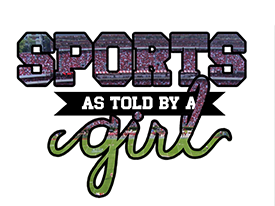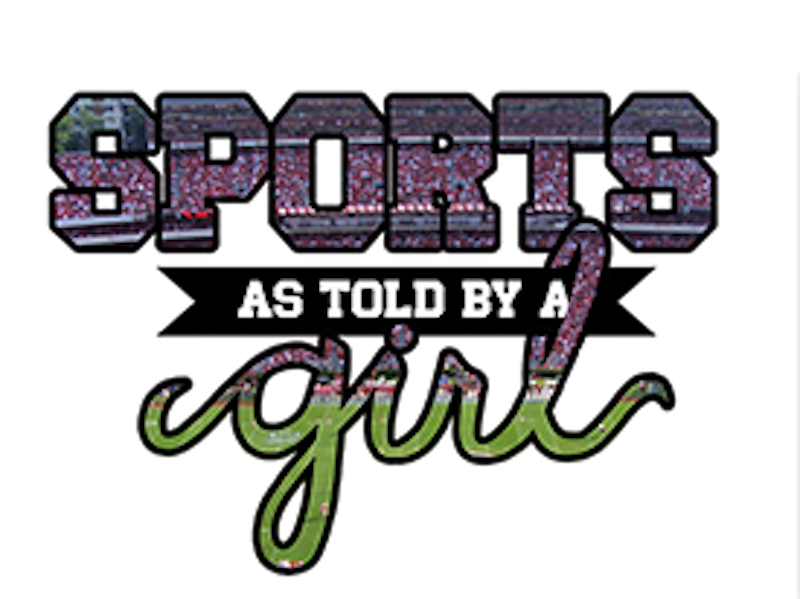Dr. Denise Wunderler is a sports medicine physician at a private practice in Freehold, NJ. For the past eleven years, she has been a team physician with USA Volleyball and FIVB as well as traveling internationally to support Team USA. Dr. Wunderler is also a national speaker and published author in peer-review journals.
She is most passionate about her family’s 501c3 nonprofit Team Vienna 4 SUDC (Sudden Unexplained Death in Childhood) Awareness Inc. Sadly, Dr. Wunderler’s healthy daughter Vienna unexpectedly passed away (to SUDC) at just 2.8 years old on 11-12-17 when she fell asleep watching TV and never woke up at home in Holmdel, NJ. SUDC is a category of death in kids, 1-18 years old, that is still unexplained after a thorough investigation. Dr. Wunderler works tirelessly to find causes for SUDC and educate the medical community worldwide, including trying to have medical schools incorporate SUDC into their curriculum and presenting Grand Rounds lectures. Most physicians have never heard of SUDC.
Now, Dr. Wunderler took a few minutes out of her busy schedule to talk about her life, working with Team USA, and Team Vienna 4 SUDC Awareness.
Were you an athlete growing up?
Yes, I started playing basketball in 4th grade and continued to play through high school and four years at the collegiate level at Muhlenberg College in Pennsylvania (was Team Captain). It’s always been my main sport in my life. I also did track and field from 7th until 12th grade, competing mainly in high jump, long jump, and triple jump, with some sprinting and shot put thrown in there! I ran cross country my junior year in high school to get in shape for basketball. My basketball teammates didn’t like that—because I was always the one encouraging more running at the end of practice!! Lol! My only goal initially was to finish each race during my cross country season. I ended up improving a lot throughout that time.
Then after college, I continued to play basketball in adult leagues while I worked in ion channel research at Merck in New Jersey and then played basketball, football, and softball in medical school, and any other sport that came along. For a short time, I trained and then completed a sprint triathlon in the 90s. During medical school, my interest in snowboarding, mountaineering, and hiking grew. This culminated in summitting Mt. Hood (a volcano in the Cascades) in Oregon and a 15,000-foot peak in the Himalayas in Nepal.
Did you know you wanted to work with athletes when you started studying medicine?
Not really. The human body is fascinating. I love sports, and I knew I wanted to be a physician when I was in high school. Sports medicine was a very natural choice for me—being an athlete all my life and sustaining various injuries. I knew I would be able to advise my active patients since being an athlete myself. I know how an athlete thinks.
How did you get involved with Team USA?
I was just starting my sports medicine fellowship year within the Cleveland Clinic Health System in Cleveland, Ohio, in July 2008. One of my sports medicine mentors from medical school invited me to volunteer at a USA Volleyball Junior Olympic tournament in Sandy, Utah for a week, where he was the Medical Director. I accepted, and when I was there, he made me the Assistant Medical Director. It was an amazing experience and I learned a lot. But at the same time, it turned into an audition to ultimately be part of the medical staff for different USA Volleyball teams. He recommended me to the Team Physician Program, and I applied and was accepted as a fellow. I have been traveling internationally with USA Volleyball ever since, in between having my 3 kids.

What is your best moment from work with Team USA?
I have had many great moments, but I’ll never forget the first time I got ready for my first match ever. Putting on all the USA gear in Trujillo, Peru, helping get the team ready, and then standing courtside with the USA coaching staff at the beginning of the match while our National Anthem played and the USA flag was displayed. And then exchanging a pin with the other team’s physician before the match (all athletes and staff exchange a small gift at the beginning of every match- usually a pin). Representing the USA internationally is a huge honor that comes with the responsibility to be a positive role model for other countries. For some, I may be their only interaction with an American.
What was the toughest moment?
I can’t think of any really tough moments. After losing a child to no explanation, nothing rattles me. I feel like I can handle anything that comes my way.
What is your best advice for athletes training during the COVID-19 pandemic?
Don’t stop training, hydrate/sleep/eat well, be safe, and follow all the current recommendations.

You also have a charity, Team Vienna 4 SUDC. What are you hoping to accomplish?
My youngest daughter Vienna Carly Savino fell asleep on the carpet in our family room while watching TV at home and tragically never woke up on 11-12-17 in New Jersey. My husband and I, despite both of us being physicians, never heard of SUDC (Sudden Unexplained Death in Childhood) until it happened to us. Everyone has heard of SIDS. SUDC is essentially SIDS Part 2, but in kids one year and older. Everyone thinks our kids are safe from SIDS when they reach 1 year old, but sadly that’s not the case. Because of the lack of awareness/education/research for SUDC, Team Vienna 4 SUDC Awareness, Inc. was created.
I am the Founder and President of our family’s 501c3 nonprofit, Team Vienna 4 SUDC Awareness, Inc. Team Vienna’s mission is awareness/education/research support of SUDC while honoring my daughter Vienna. I am a very active volunteer in all aspects of the nonprofit, especially with the medical education aspect and giving Medical Grand Rounds (presentations) at medical schools and hospitals. We do not learn about SUDC in our medical education at any level, so it’s imperative that the medical community and the general public know about SUDC to propel the cause forward and help physicians help their patients who experience child loss. I am hopeful that the education will also ignite young physicians and researchers to want to do SUDC research.

In addition, I founded the annual Vienna’s Day of International SUDC Awareness, which had Team Vienna representation on all 7 continents for the 2nd year in a row in May 2020. We have had a lot of local media attention which has been fantastic. However, we are looking to expand our media to other parts of the country and beyond. If anyone can please help us out with that, it would be greatly appreciated! In addition to national TV coverage for SUDC, I would welcome a documentary about Vienna’s life and legacy. The end goal is to discover the causes of SUDC and prevent other families from experiencing this horrible life-long nightmare. Thank you. All of Team Vienna’s articles can be found at https://vienna.team/awareness .
Because working together as a team and combining resources accelerates awareness/education/research of SUDC, a fellow SUDC mom from Colorado and I co-founded The SUDC Coalition. This is a welcoming group of non-profits, individuals, parents, physicians, researchers, companies, etc. who cares about SUDC and wish to be involved in this fight to get answers for these unexplained deaths of apparently healthy kids 1-18 years old.
For more information on Dr. Wunderler and Team Vienna 4 SUDC, please check out the links below.
https://www.sudccoalition.com/
https://www.facebook.com/TeamVienna4SUDCawareness
Instagram: @teamvienna4sudcawareness
LinkedIn: Dr. Denise Wunderler, DO, FAOASM









